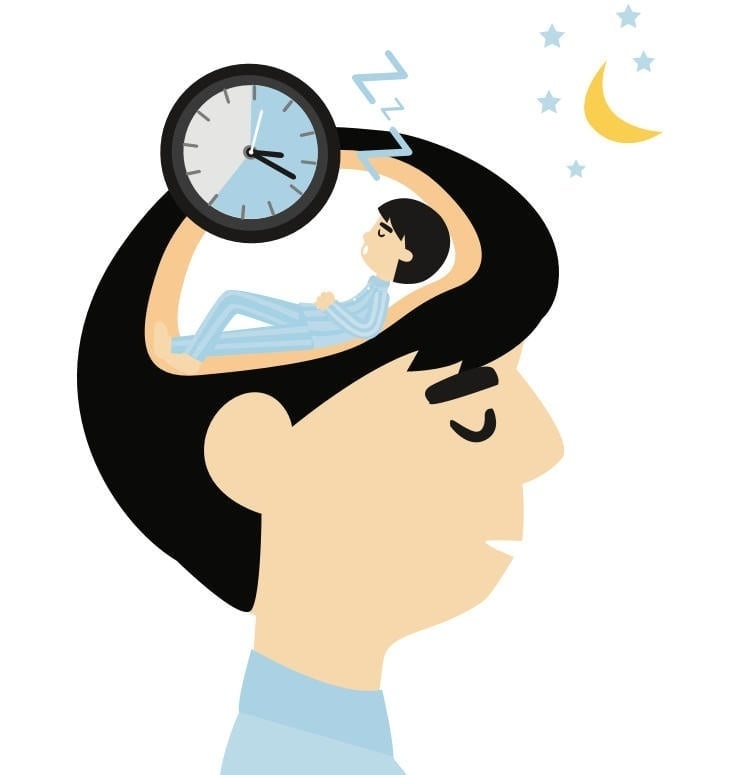The Truth About Snoozing: Good or Bad?
Many of us are familiar with the ritual of snoozing - that extra moment of sleep after the alarm clock goes off. But is it actually good or bad for you? Let's take a look at what research tells us.
Reasons for Snoozing:
- Fatigue at first alarm.
- Wanting to wake up more slowly.
- Personal preference.
Effects of Snoozing:
A study at Stockholm University examined the habits of 1,732 people and then analyzed the sleep behavior of 31 avid snoozers. Here are some of the findings:
- Participants benefited from extra sleep and achieved better results in cognitive tests after snoozing.
- Although sleep was disrupted during the snooze period, overall sleep duration remained unaffected.
- Cortisol levels, a hormone involved in energy production and waking, increased upon waking after snoozing, but returned to normal levels within 40 minutes.
Nuance in the Results:
- Participants were young adults with a snoozing habit, which may influence the results.
- The study included healthy sleepers, so the results may not apply to people with sleep problems.
Conclusion: Snoozing is Acceptable:
Although snoozing was somewhat associated with morning sleepiness, it improved participants' cognitive skills. As long as you get adequate sleep, snoozing does not appear to have a significant impact on cortisol release, morning fatigue, mood or sleep quality.
So, if you like snoozing and it fits within your sleep routine, you can probably hit the snooze button for 20 to 30 minutes without too much trouble.

























0 Comments
There are no comments yet, be the first one to comment....